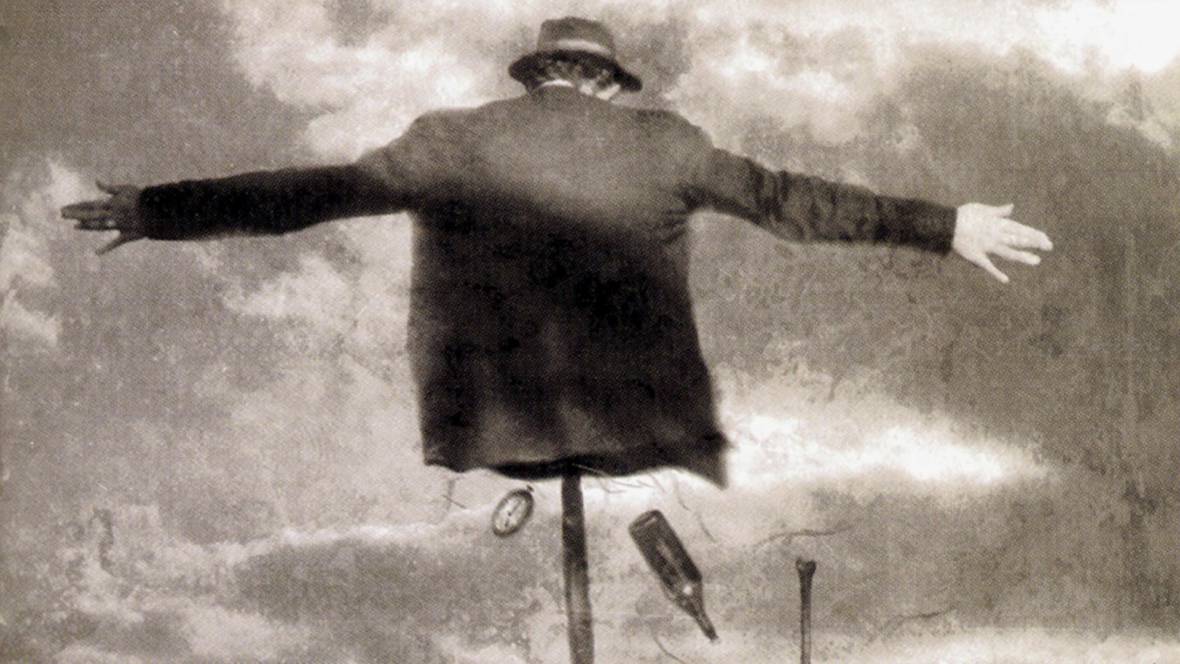San Francisco punk bands had sung about being homeless before — DRI’s “Soup Kitchen Blues” and MDC’s “No Place to Piss” were both products of band members’ experiences squatting and couch-surfing in mid-’80s San Francisco. But Crimpshrine’s Sleep, What’s That? EP, released in 1988 by a fledgling new record label called Lookout Records, tackled the issue head-on in its title track. Singer/guitarist Jeff Ott was himself homeless at the time, singing:
So much food to eat, so many homes to sleep in
Stores so full of food, so why must I eat from a garbage bin?
There’s 1,600 people walking around today, thinking life’s a little game to play
Trying to avoid police abduction, trying to avoid hunger and self-destruction
During a show at 924 Gilman in 1989, Ott introduced the song by saying: “It’s about myself and all my friends on Telegraph Avenue who have no place to live, and who go without enough food every day. And there’s places they could be sleeping, and they get busted for it.”
Lookout Records would go on to international renown with bands like Green Day and Operation Ivy. When Crimpshrine’s EPs were reissued, the band took the opportunity to give back to the organizations that’d helped them when they were on the streets, donating royalties to Food Not Bombs and the Berkeley Free Clinic.
Tom Waits, ‘Cold Water’
Tom Waits has long been an advocate for the homeless, whether in songs like “On the Nickel” — a beautiful ballad from Heartattack and Vine about Los Angeles’ Fifth Street — or in lending a song to the soundtrack of Streetwise, a 1984 documentary about homeless teenagers in Seattle.
For his 1999 album Mule Variations, Waits penned the sympathetic ode “Cold Water,” a lovely and sad song in the voice of a homeless teenager:
I look 47 but I’m 24
Well they shooed me away from here the time before
Turned their backs and they locked their doors
I’m watchin’ TV in the window of a furniture store
In 2011, Waits released Seeds on Hard Ground, a limited-edition chapbook of his poetry about homelessness. All proceeds were donated to the Redwood Empire Food Bank, Sonoma County Homeless Referral Services and Family Support Center run by the Catholic Charities of Santa Rosa.
2Pac, ‘Changes’
Before he moved to Oakland, Tupac Shakur grew up around tough neighborhoods in the Bronx, Harlem and Baltimore. Oftentimes, without a steady income, his single mother Afeni brought Shakur to stay at homeless shelters. The experience helped inspire “Changes,” originally recorded in 1993:
And still I see no changes
Can’t a brother get a little peace?
It’s war on the streets and a war in the Middle East
Instead of war on poverty
They got a war on drugs so the police can bother me
Shakur put his money where his mouth was, planning a high-profile benefit concert for the brand-new community center A Place Called Home, serving impoverished and at-risk children in South Central Los Angeles. Shakur was murdered just weeks before the concert, but he greatly raised the center’s visibility. A Place Called Home is still going strong.
Metallica, ‘Low Man’s Lyric’
You might assume that James Hetfield doesn’t have much exposure to homelessness, living as he did for years in one of the wealthiest per-capita counties in the nation. And yet a KQED Forum broadcast from Marin County showed that amidst Marin’s multi-million dollar homes and shiny Maseratis lives a sizeable homeless population on the street. Some are there due to drug addiction, a group Hetfield sings for in “Low Man’s Lyric”:
The trash fire is warm
But nowhere safe from the storm
And I can’t bear to see
What I’ve let me be
So wicked and worn
Marin is an interesting case study for homelessness in areas with a vast senior-citizen population; the vicious resistance to affordable housing in the region is leaving many of advanced age out in the cold. While organizations like Homeward Bound and the Ritter Center provide for Marin’s homeless, Metallica bassist Robert Trujilo recently took part in a benefit for San Francisco’s St. Anthony’s Foundation, which provides services and meals to those in need.
Dead Kennedys, ‘Kill the Poor’
It wouldn’t be the Bay Area without a heavy dose of satire, would it? With “Kill the Poor,” Dead Kennedys singer Jello Biafra takes intensive homeless eradication (like San Francisco’s recent encampment sweeps) to its logical conclusion:
The sun beams down on a brand new day
No more welfare tax to pay
Unsightly slums gone up in flashing light
Jobless millions whisked away
At last we have more room to play
All systems go: kill the poor tonight!


